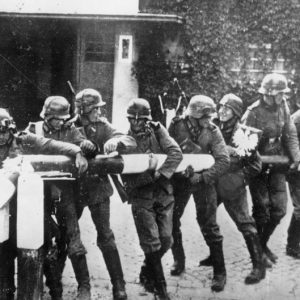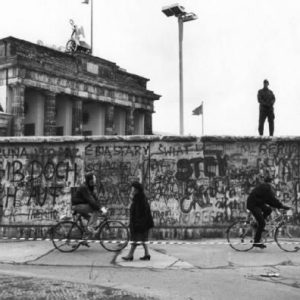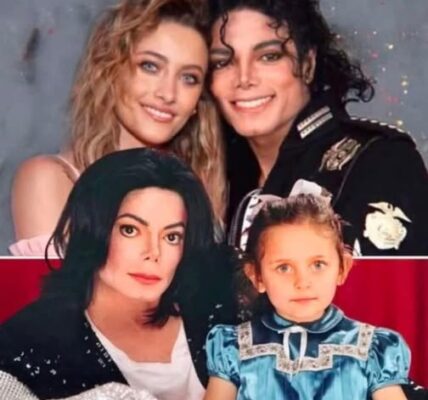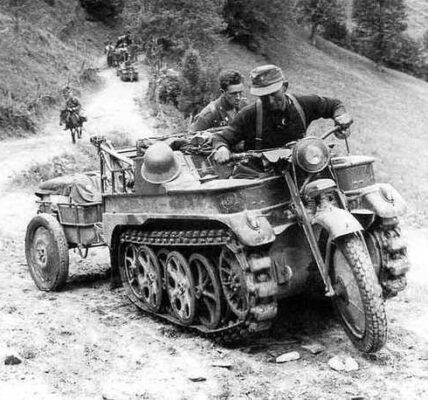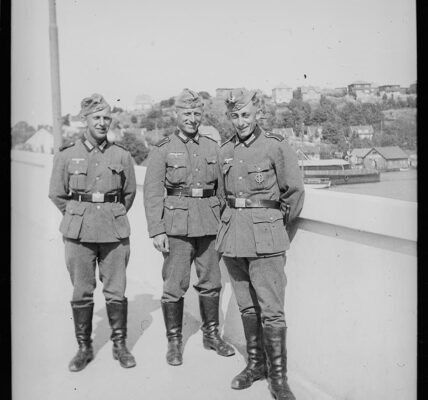Auschwitz: The tragic fate of the children – hunger, cold, experiments and hopelessness _de
Auschwitz – the name of this place is inextricably linked to the darkest chapters in human history. Millions of people were systematically murdered here during World War II. Yet while many reports focus on the adults, the fate of the children is often overlooked. Yet, like the adults, they too were prisoners of the system – without mercy, without protection, and without a voice to document their suffering.

Children registered at Auschwitz were not considered innocent souls by the camp’s rules, but prisoners like the adults. They suffered the same conditions: hunger, cold, forced labor, and constant fear of punishment or even execution. Many of them were abused in gruesome medical experiments conducted by SS doctors. The most notorious among them was Josef Mengele, who became known for his pseudoscientific research and primarily selected twins and disabled children to conduct inhumane experiments on.
These experiments meant certain death for most children. But even those who escaped the experiments lived under catastrophic conditions. Daily life in the camp was characterized by inadequate nutrition, a lack of medical care, and the constant fear of violence. Children were forced to work, often on tasks beyond their capabilities—from running errands to cleaning the barracks or sorting the belongings of the murdered prisoners.
Many of these children were far too young to understand what was happening to them. Some were deported along with their parents, others separated from their families. There were no age exceptions at Auschwitz—the system considered them “laborers” or “experimental material” if they were registered as twins or with certain diseases. The inhumanity they endured is hard to imagine today.
Despite these gruesome conditions, the children also displayed moments of will to survive. They formed friendships, shared the few scraps of food, and sought comfort in each other. Some of them managed to survive the hell of Auschwitz and gave powerful testimonies of their experiences after the war. These accounts are invaluable to us today, as they document not only the brutal reality but also the unbroken humanity that was maintained even under the most inhumane conditions.
It’s important that we don’t forget these stories. The fates of the children in Auschwitz warn us to remain vigilant against all forms of discrimination and violence. They remind us how fragile life is and how important it is to preserve our humanity—especially towards the most vulnerable.
Today, monuments and memorials in Auschwitz commemorate the many children who lost their lives here. Their names, often engraved on plaques or recorded in memorial books, stand as representatives of the countless innocent victims. They must not be forgotten. Every story, every image, and every memory is an act of remembrance and a sign of hope that such atrocities will never be repeated.



